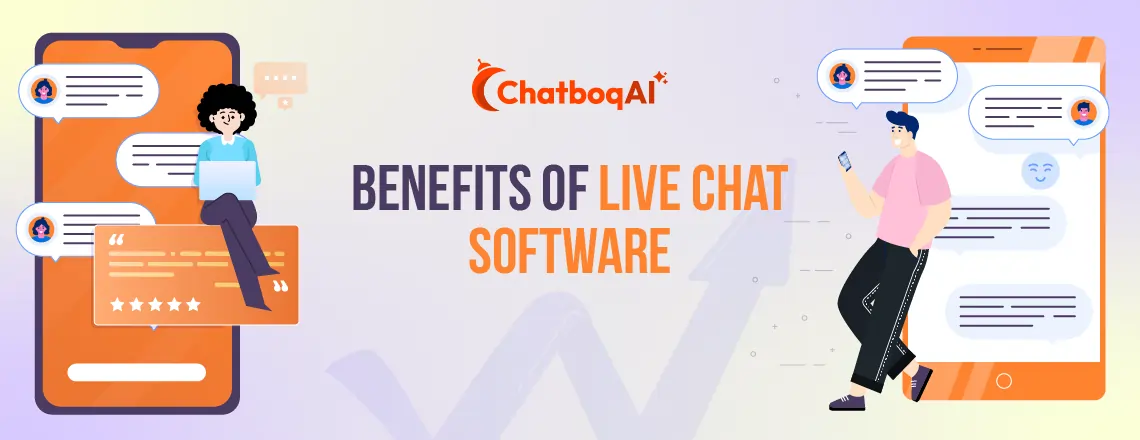
Live Chat Software Benefits
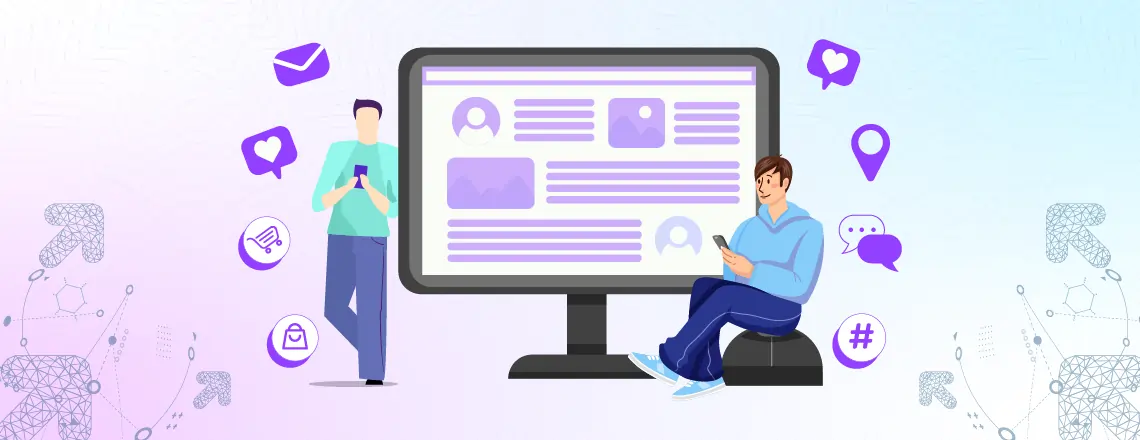
The development of modern technologies today has vastly changed the outlook of living, working, and doing tasks in real-time. These modern advancements have led people to become hasty in every aspect of their lives. They expect more from products and services. They demand immediate response, seamless support. And the businesses that fail to meet their expectations will eventually lose customers to competitors that can provide a quick response. This is the reason live chat is built and embedded into the system.
📑 Table of Contents
Live chat software is a real-time communication tool that allows businesses to interact with customers through instant messaging. It typically appears as a chat window, enabling users to ask questions or receive support without having to leave the page or wait for an email response. Live chat software is often used for customer service, sales inquiries, and technical support, providing immediate responses to help streamline the customer journey.
In this article, we will adequately justify the significant benefits it provides to businesses, customers, and individuals, and the hurdles that it faces in the market.
Key highlights
| Live chat addresses inquiries in real-time. Live chat links clients with agents. Live chat may significantly reduce operational expenses A data-collecting powerhouse, not merely a means of communication. Better brand recognition as adaptable and original. |
Instant messaging vs live chat
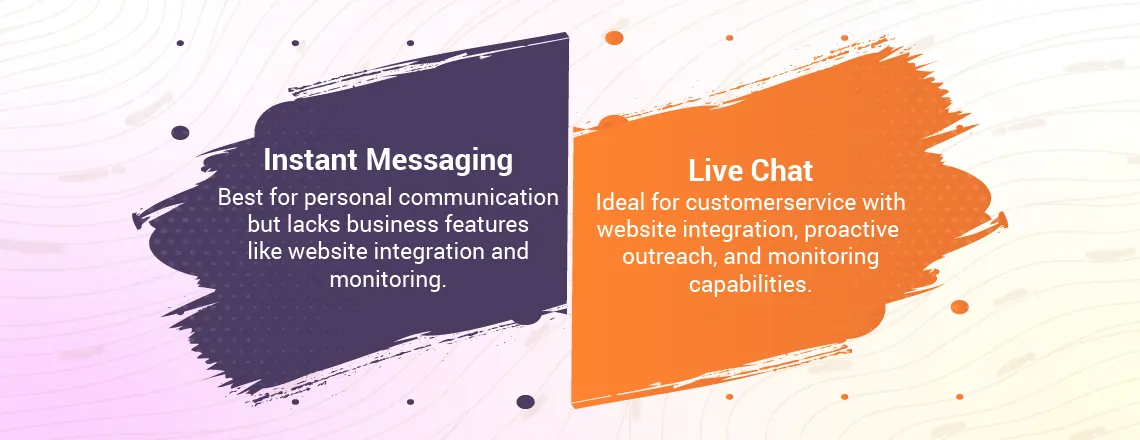
| Instant Messaging | Live chat |
| – Designed for personal communication – Limited automations to “I’m busy” reply – Options for businesses don’t allow for starting conversations – Only accessible in a dedicated app – No monitoring options – No website integration, no customization options | – Designed for customer service. Integrates with websites and different apps – Allows reaching out to all visitors proactively. Includes quick replies – Allows for monitoring visitors’ behavior on a website – Customizable |
Chatbot vs live chat
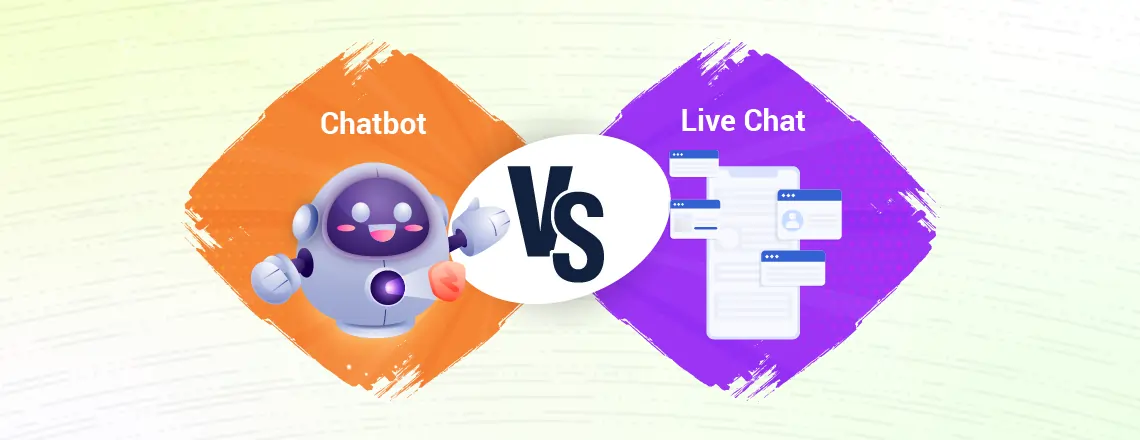
Live chat enables you to create relationships with shoppers through real-time messaging between the client and the representative. It gives customer service interactions a human touch, and the agents can handle even very complex inquiries.
On the flip side, chatbots operate without your agents’ input. They can take care of visitors’ requests, answer common questions, and perform various simple tasks. This software reduces the number of queries for your customer support team and lightens their workload.
Here’s a comparison table for live chat vs chatbots.
| Live Chat | Chatbots |
| – Instant connection with a human agent – Personalized assistance – Human-to-human interactions – Agents can only chat with one person at a time | – Mimics human conversations using AI and NLP technologies – 24/7 support with no human involvement – Can handle large volumes of requests on autopilot – Limited functionality |
| Best for: Solving complex inquiries and building relationships with customers | Best for: Boosting engagement, answering common questions, and generating leads |
Why is live chat software important?
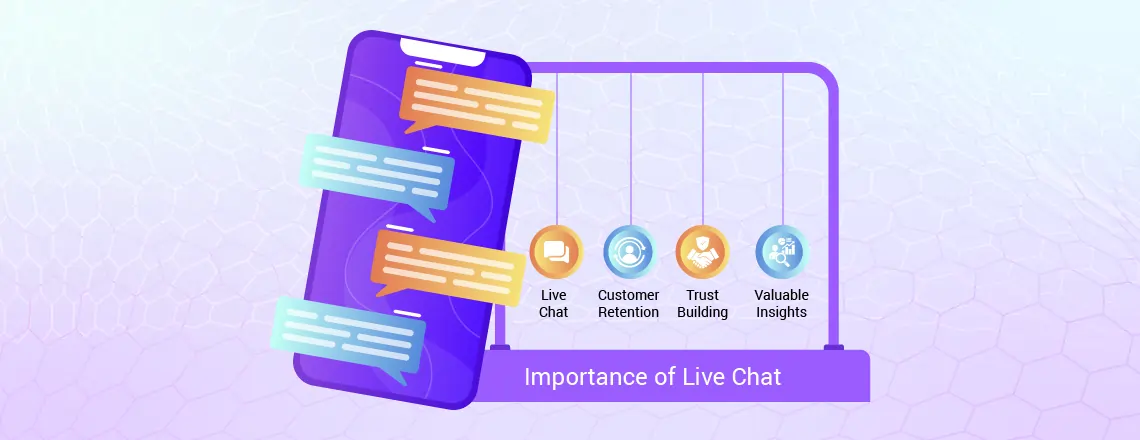
With business growing more and more, the potential growth of the live chat demand increases. By providing individuals with access to instant support, live chat allows businesses to address inquiries in real-time, which can prevent potential customers from leaving the site due to frustrations. This urgency not only improves the overall C but also builds trust and credibility, which are key factors in fostering long-term relationships. Even more, it provides organizations with valuable insights into customer behavior, empowering them to refine their products, services, and marketing strategies.
Step-by-step implementation plan
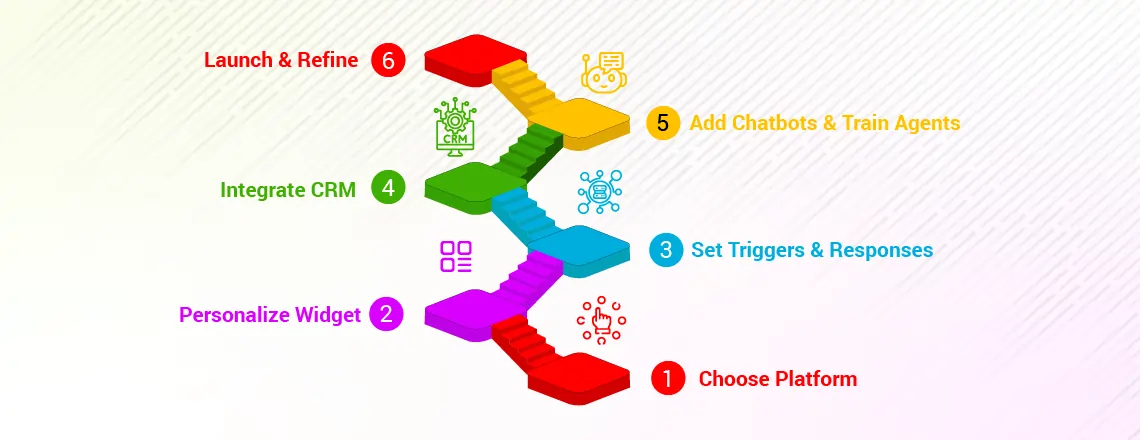
If you follow a clear procedure, setting up live chat is simple:
1. Pick the right platform
Choose a program that fits your objectives. Proactive chat, prechat forms, chatbots, CRM integration, and mobile support are among the must-have components.
2. Personalize the widget
Align the chat style with your brand; greetings, tone, and colors should feel consistent. Position the widget where interaction is most probable, that is, on pricing, checkout, or demo request pages.
3. Establish triggers and canned responses
Design proactive messages drawn from behavior (e.g., staying on the pricing page). To lower response times and keep dialogues going, get ready canned answers for frequently asked questions.
4. Integrate with CRM/marketing solutions
Connect your chat system with Salesforce, HubSpot, or email automation. This guarantees that captured leads are smoothly stored, tracked, and cultivated.
5. Add chatbots and train agents
Give your team product knowledge and chat etiquette. Capture leads off-hours and direct questions effectively using chatbots.
6. Launch and refine
Go live, keep an eye on KPIs such as conversion rates and response time, and constantly improve triggers or scripts.
Some Live chat examples
Live chat conversations are used by thousands, if not millions, of websites online. Here are some real-life examples of live chat software used on websites.
Pooch bandana
This company sells accessories for our four-legged friends. It offers bandanas, snoods, collars, leads, and much, much more. This online store also uses live chat to communicate with its shoppers in real time.
Wicklewood
This home decor business uses live chat to give design advice to its website visitors. This helps the clients purchase the right product for their home and the company to increase sales.
Broadleys
A fashion ecommerce website with a touch of personalization. Broadleys uses the live chat platform to proactively reach out to their visitors and ask if they need any assistance.
Some benefits of Live chat and its real-world usage
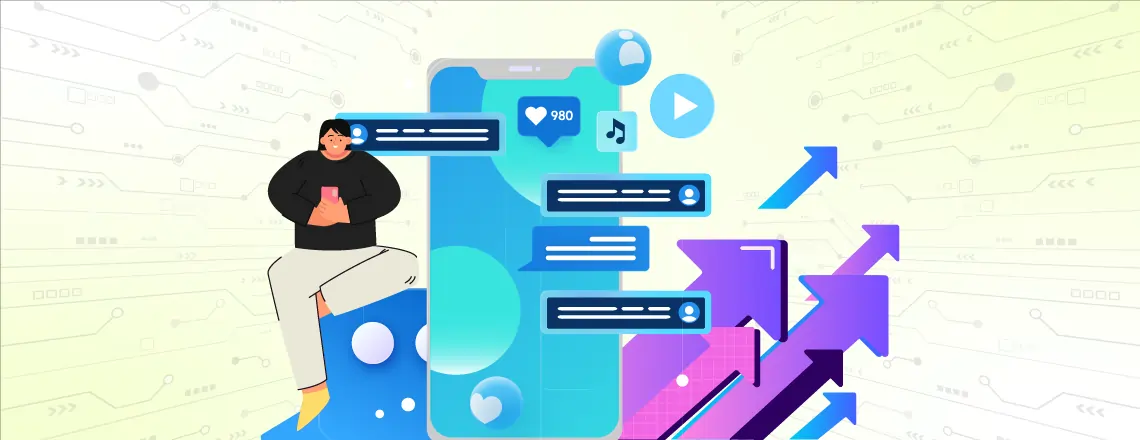
Live chat helps your business grow and makes your support services more effective. Because of real-time communication, you get a big advantage over your competitors when it comes to service quality. Let’s have a look at some of the other benefits of a live chat system.
1. Faster Response Times
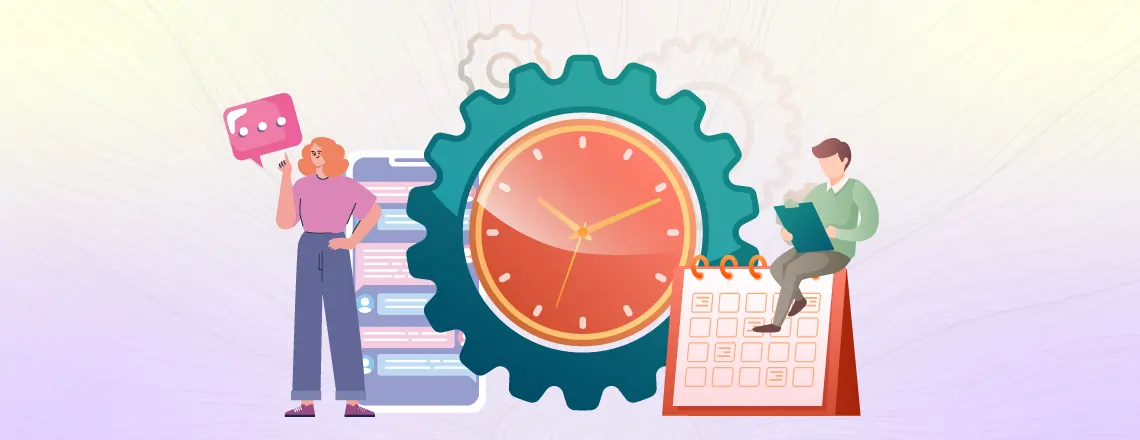
The speed of live chat is one of its most evident advantages. Nowadays, consumers want answers right away rather than hours or days later. Think about the contrast between live chat, which links clients with agents in an average of 46 seconds, and standard email assistance, which may take 12 hours or more for a response.
The significance of response time:
- The patience of consumers runs out fast. Delayed replies might result in neglected baskets, lost purchases, or unfavorable reviews.
- Immediate responses convey that your company respects the client’s time, which fosters trust.
- Quick responses make it more likely that queries will result in a sale.
Case Study: Shockbyte, a firm that hosts gaming servers, saw a 29% decrease in response times after introducing live chat. Because of this prompt assistance, customers had more faith in the company, and conversions increased, demonstrating how speed has a direct impact on business outcomes.
Furthermore, many live chat software now include AI chatbots that can offer immediate answers, even during off-hours, ensuring round-the-clock customer service without overloading human operators.
2. Higher Agent Productivity

In contrast to phone conversations, where a single agent can only interact with one customer at a time, live chat enables agents to manage several chats at once. This efficiency results in increased productivity and quicker outcomes.
Major characteristics that increase productivity:
- Pre-written answers to frequent questions are time-saving canned responses.
- AI-assisted advice: AI uses the conversation’s context to offer recommendations.
- Chatbots: Handle repeated operations, qualify leads, and automate first responses.
Case Study: The customer service-oriented business Suitor combined live agents with AI chatbots, enabling agents to concentrate on addressing complicated questions. The outcome? A much more productive workforce and happier customers.
Organizations can increase productivity with fewer resources, save time and money, and maintain customer satisfaction by managing several chats at once and automating recurring tasks.
3. Lower costs for services.
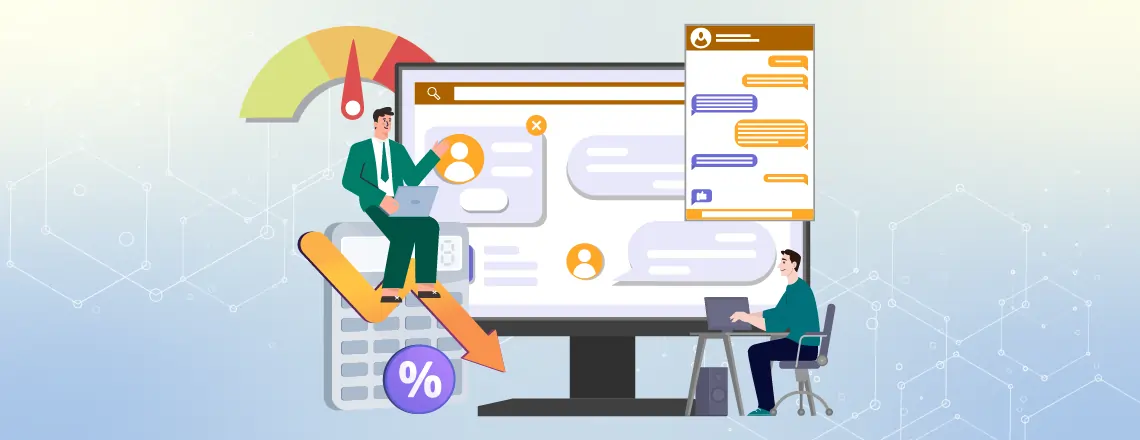
Compared to conventional client support channels, live chat software may significantly reduce operational expenses. Quicker resolution times result in fewer agent hours needed to manage the same number of queries.
The way live chat lowers expenses:
- Reduced dependence on costly phone support personnel.
- Because initial inquiries are answered more quickly, there are fewer escalations to specific divisions.
- By completing repeated chores, AI chatbots lessen the demand for big support teams.
A Case Study: Live chat was used to automate 90% of incoming requests, which greatly reduced labor expenses while still providing excellent service.
Live chat investment is a wise financial choice since it enhances service, increases efficiency, and lowers costs.
4. Improved Insights and Customer Data
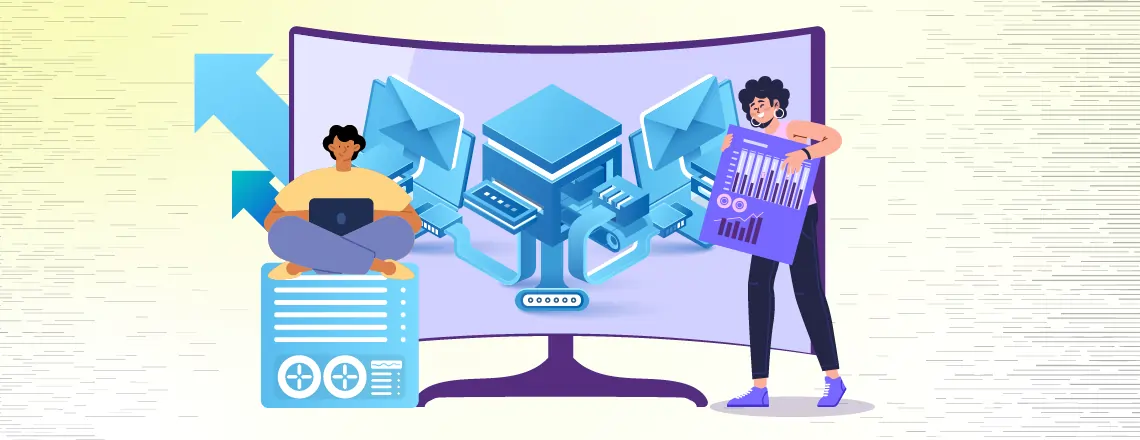
Live chat is a data-collecting powerhouse, not merely a means of communication. You may learn a lot about your customers’ preferences, actions, and pain points through each conversation.
Advantages of live chat data include the following:
- Enhances marketing efforts by comprehending customer demands.
- Aids in the development of products by highlighting common problems or desired attributes.
- Promotes superior lead qualification, making sure that sales teams concentrate on prospects with high value.
Case Study: Integratec, a SaaS supplier, successfully segmented its customers using live chat data, customizing its marketing and offerings to specific groups. The outcome? Higher conversion rates and better targeting.
Businesses may get a better understanding of their audience by analyzing chat data, which allows them to make better judgments and provide more tailored customer experiences.
5. Enhanced Client Happiness
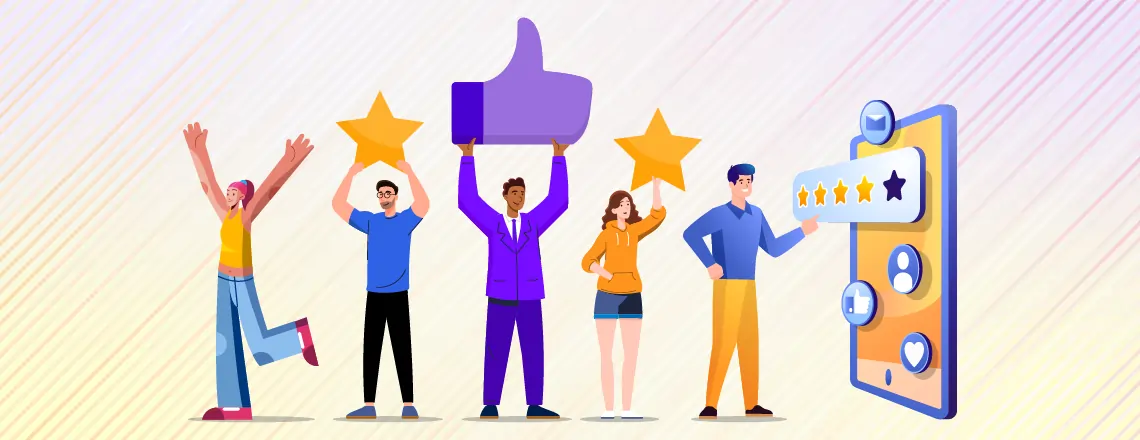
According to studies, live chat has a 92% satisfaction rate and is consistently the top channel for customer satisfaction. Live chat’s convenience, multitasking capabilities, and individualized attention are valued by customers.
The importance of satisfaction:
- Happy customers are more inclined to come back and buy again.
- Positive reviews are lessened, and a brand’s reputation is enhanced by high satisfaction.
- Individualized attention fosters trust and improves customer connections.
Case Study: When security services company ADT included live chat into its support channels, customer satisfaction increased by 30%. Quick answers and helpful representatives were listed by customers as major contributors to their favorable experience.
6. Stronger Engagement and personalization
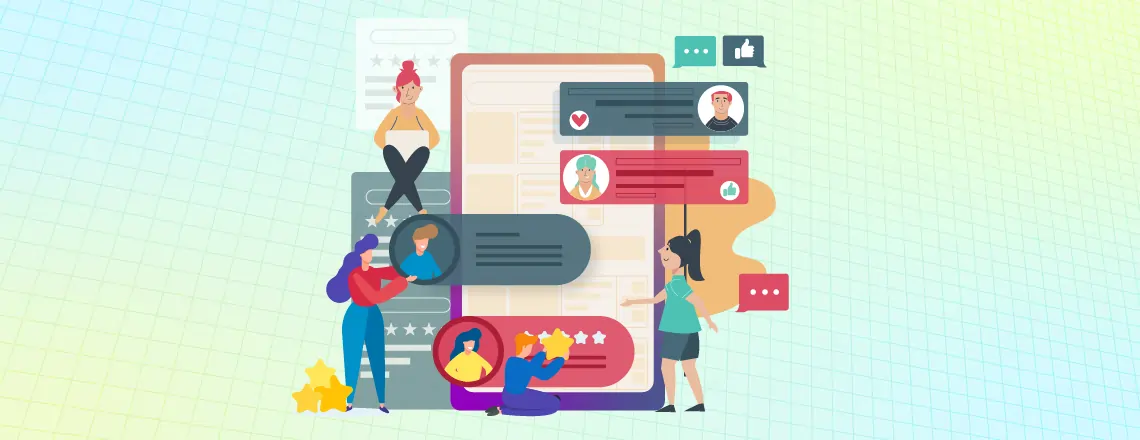
Live chat enables proactive involvement. Companies can start chats based on particular activities, like abandoning a shopping cart or a consumer spending time on a product page.
Advantages of customized participation:
- Develops interactive shopping experiences.
- Motivates users to investigate further goods or services.
- Addressing objections in real time raises the chances of conversion.
Proactive conversation triggers were used by Wulff Beltton, an ecommerce retailer, to interact with customers browsing premium goods, which produced a 4.6 client rating.
Individualized, prompt interactions generate a feeling of attention and care that might distinguish a company in cutthroat industries.
7. Less Cart Abandonment
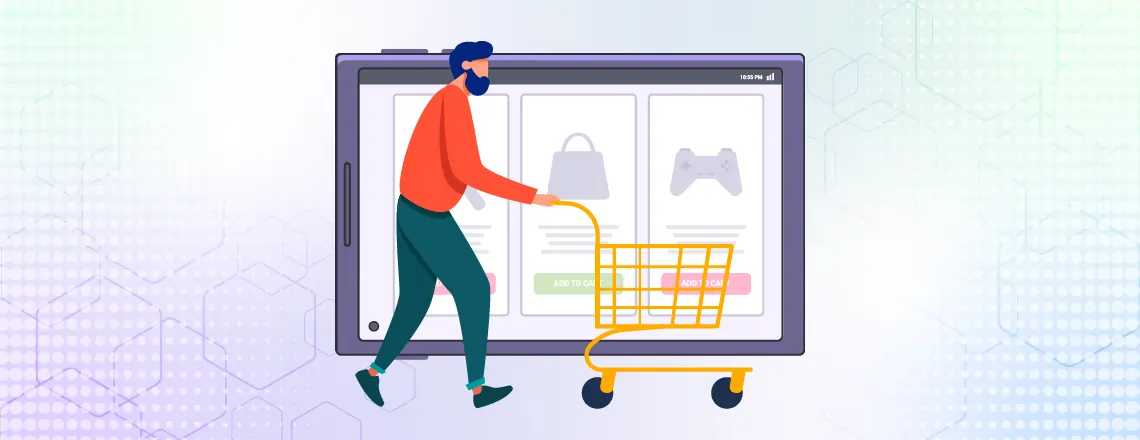
Unanswered queries or checkout reluctance cause online consumers to sometimes leave carts. Live chat may step in at the crucial point to direct customers toward finalizing their purchase.
Forrester Statistic: Forty-five percent of online customers leave their shopping baskets if they cannot receive prompt answers to their inquiries.
Live chat was launched by health and wellness company Bella Sante to help customers at checkout; it recovered $66,000 in revenue that would otherwise have been lost.
This shows that live chat is a strong revenue recovery tool, not just a support tool.
8. More Lead Generation

Live chat converts leads before consumers quit your website, therefore transforming sporadic traffic into practical prospects.
Live chat provides lead-generating advantages as follows:
- During chat interactions, it captures guest contact data.
- Automatic conversion of around 4% of website visitors into leads.
- Gives sales teams actual qualified leads in real time.
Case Study: Employing live chat to interact with customers, Procosmet, a cosmetic products retailer, saw a 500% rise in lead generation.
Businesses can speed their sales funnel and maximize conversion potential by gathering leads at the moment of interest.
9. Boost in Conversions
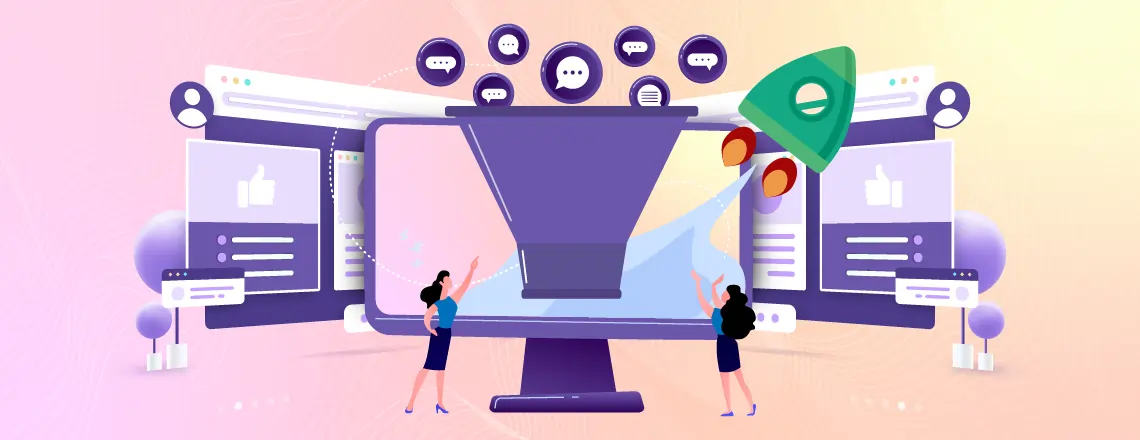
By around 20%, live chat might raise website conversions. Instant support aids customers in making assured buying choices by eliminating uncertainty and reluctance.
Reason behind improved conversions:
- Prompt responses help to lower resistance.
- Personalized recommendations help the client along the purchase path.
- Chat transcripts offer sales staff information to improve follow-up plans.
Ad hoc Atelier replicated the customized attention of in-store experiences online by employing live chat to support customers, thereby dramatically raising conversions.
10. Revenue and sales up
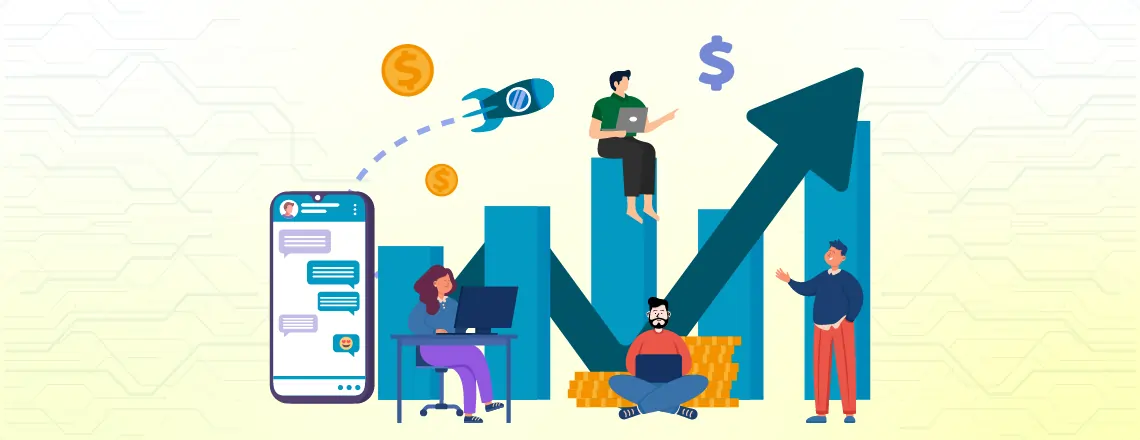
Live chat boosts upselling, cross-selling, and real-time promotions, therefore increasing revenue.
Studies reveal that businesses employing live chat generate 48% more income per chat hour than alternative support methods.
Case Study: Live chat was used by Eyeoo, an online store, for both recovery and upselling, boosting sales by €177,000.
Live chat helps companies grow by directing clients to relevant, timely promotions.
11. Competitive Edge
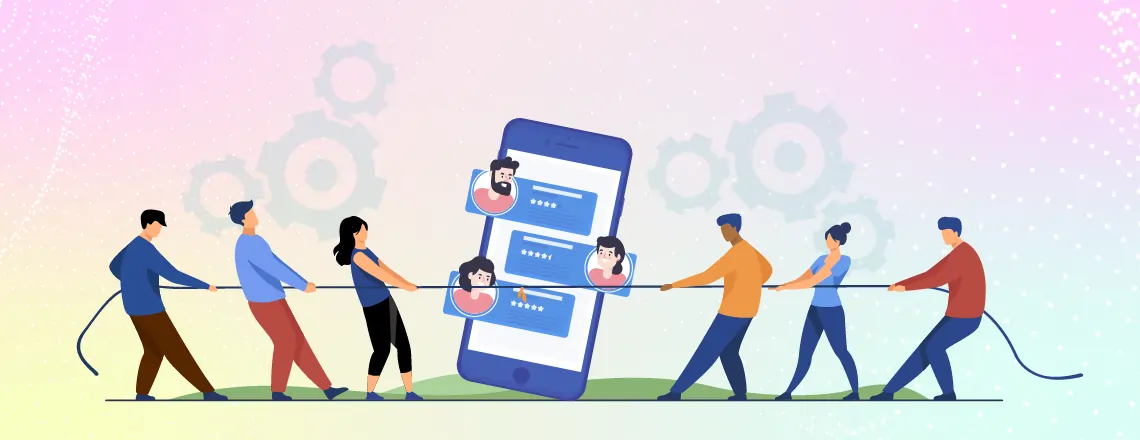
Not every company provides live chat. Companies that truly succeed in displaying their dedication to customer-centric innovation have a clear competitive advantage.
Among the benefits are:
- Variations in congested markets.
- Better brand recognition as adaptable and original.
- Active involvement that rivals might lack.
Giving live chat sets your company as modern, customer-first, and responsive to the demands of digitally savvy customers.
12. Improved Brand Loyalty and Customer Experience
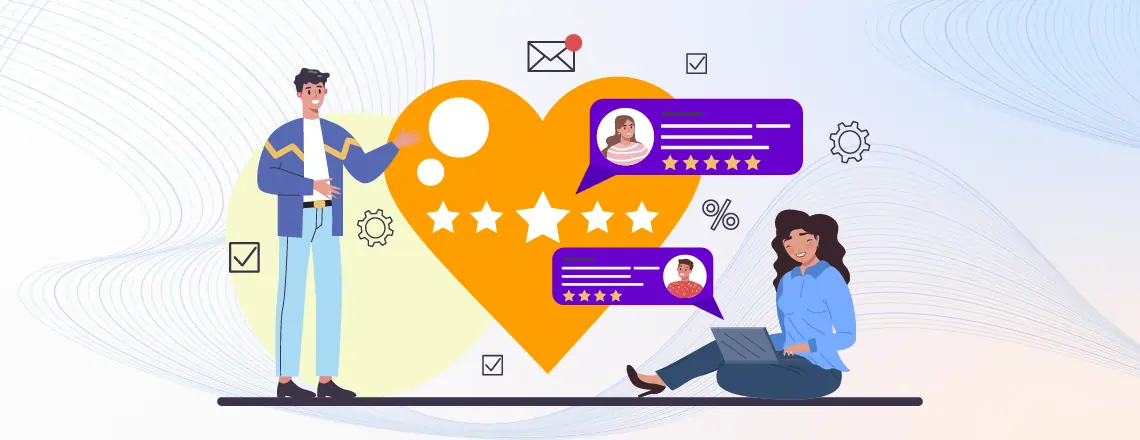
Live chat eventually promotes trust, dependability, and long-lasting connections. Buying online makes customers feel less alone and more supported, which helps to build greater brand loyalty.
Among the most advantageous sectors:
- Faster replies and cart assistance make up ecommerce.
- SaaS: Rapid solution for technical inquiries.
- Real-time help for inquiries and reservations in travel and hospitality.
- Healthcare: Prompt direction and information delivery.
Live chat helps companies not only improve the customer experience right now but also develop loyalty that fuels advocacy and repeat business.
Conclusion
With the vast change in the technological environment, there is a massive change in the real world. This movement has brought new ideas and applications that have defined our lifestyle. One of these applications is live chat. It is clear that the live chat program has advantages and is much different than instant messaging and chatbots that are available in the market. Live chat software has changed the way companies interact with customers, from faster response times and greater agent productivity to more sales, better satisfaction, and stronger brand loyalty.
Live chat is now vital rather than optional in today’s digital-first world. Companies using live chat acquire a competitive edge, collect more leads, increase conversions, and offer the flawless, individualized experience clients want. Now is the time if your company hasn’t yet integrated live chat. Begin using live chat right away to improve consumer experience, boost revenue, and expand your brand in the cutthroat digital environment.


Leave A Comment